Trace the history of primary health care in Nigeria
Primary health care in Nigeria has always been a complicated topic. The country has always striven for better health services but we have been constantly presented with new challenges. A lot has changed since 1960, but there is still so much left to implement. Read on to find out how Nigerian primary health care transformed over the years and what situation it is in now.
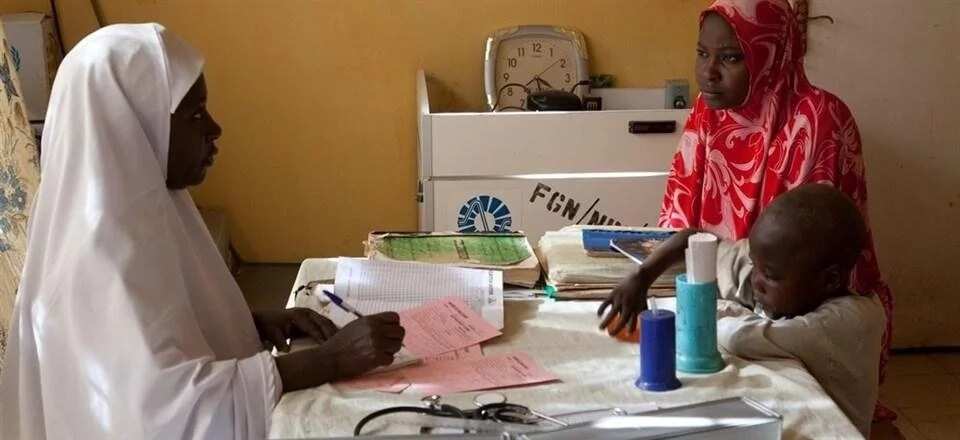
Definition of primary health care

First of all, what is primary health care? It is the main pillar of any medical care system. It includes measures for prevention, diagnosis and treatment of diseases and specific conditions, medical rehabilitation, monitoring the course of pregnancy, the formation of a healthy lifestyle and sanitary and hygienic education of the population.
Brief history of primary health care in Nigeria
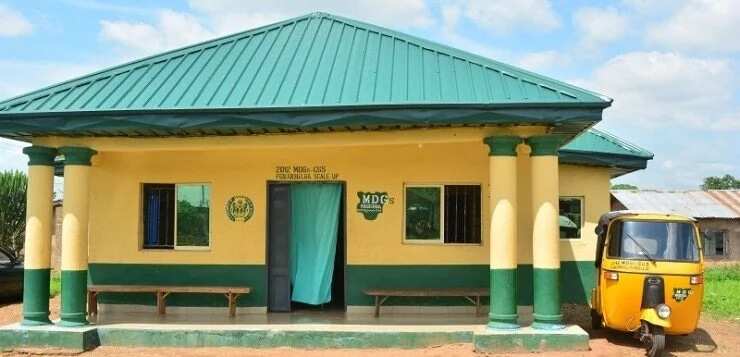
When the country gained its independence in 1960, healthcare was not among the first things government officials thought about. They focused more on the medicine that cured rather than prevented illnesses. However, 15 years later, National Basic Health Services Scheme (NBHSS) was created, where primary health care served as the basis for the whole idea.
It was meant to provide medical training and healthcare facilities, although it neglected the use of new technology and community cooperation. Unfortunately, NBHSS remained just that, an idea, as there were problems with implementing it. Consequently, until 1985, Nigeria remained without primary health care. In 1985, Nigerian government chose a new Minister of Health, Olikoye Ransome-Kuti. And that was when thing started to look up.
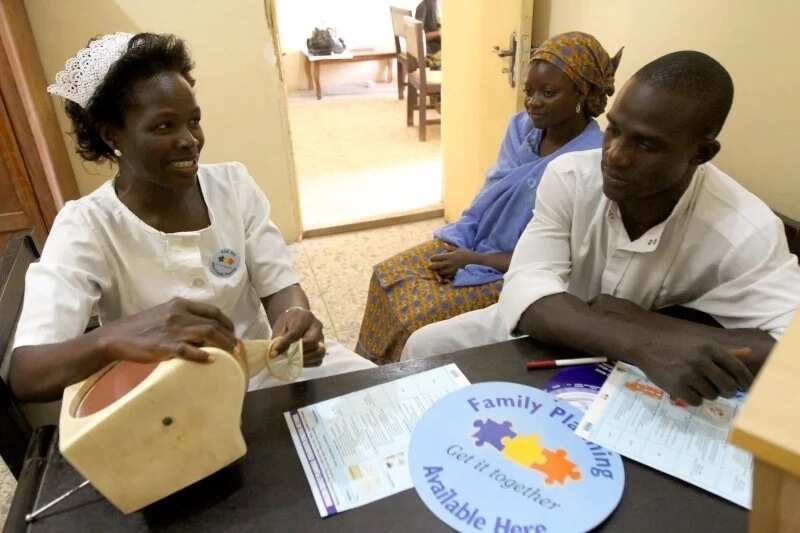
READ ALSO: What are The Problems Facing Healthcare Management in Nigeria?
During his time in office, he managed to introduce primary healthcare into all of the government areas, ensure immunization of children by making it free, create a national health policy, emphasize the importance of preventive medicine, encourage vaccination and introduce a nationwide campaign against HIV/AIDS.
He also relocated responsibility for primary healthcare to the local governments. That way, secondary healthcare fell onto the shoulders of the state government, and tertiary health care became the federal government’s responsibility. To control the implementation and continuation of the idea of primary healthcare, 1992 saw the creation of the National Primary Health Care Development Agency.
Judging from his achievements, he would have done so much more for the healthcare system in Nigeria. However, in 1993, after seven successful years as the Minister of Health, Olikoye Ransome-Kuti was removed from the post during the military takeover. The era of effective and innovative primary healthcare came to a close.
Situation with primary healthcare in Nigeria today
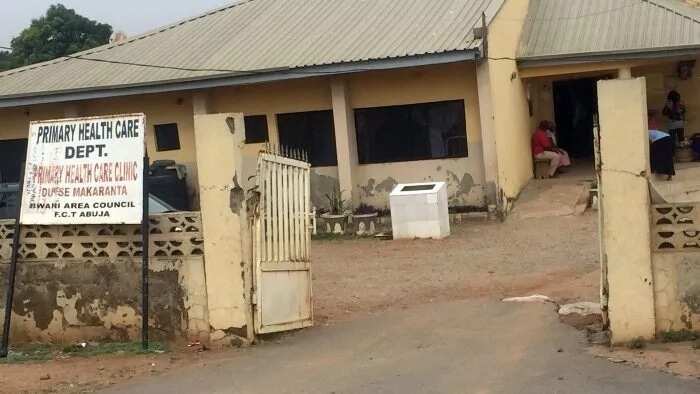
Twenty four years later, Nigerian healthcare is once again in a critical condition. Taking into account that there are about 30, 000 primary healthcare establishments across the country, only 20% of them are open. For the past two decades, Nigeria has been suffering from something called brain-drain — when smart, educated and capable workers (in this case, doctors, nurses and other medical staff) emigrate to other countries with better working conditions.
In addition to the absence of trained medical specialists and poor working conditions, Nigerian health care institutions suffer from lack of medicine, outdated equipment, low quality of health services and many other issues. The Alma Ata Declaration, which Olikoye Ransome-Kuti tried to implement so hard in his time, has failed to catch on.

Read also
4 things to know about the 1st ever malaria vaccine just approved by WHO after 30 years of research
In an attempt to fix the situation with primary health care, in 2011, a new policy called Primary Health Care Under One Roof (PHCUOR) was implemented. Nevertheless, due to it being fairly recent, there has been little change. Failing primary healthcare causes an inundation of people searching for medical assistance on higher levels of medical care.
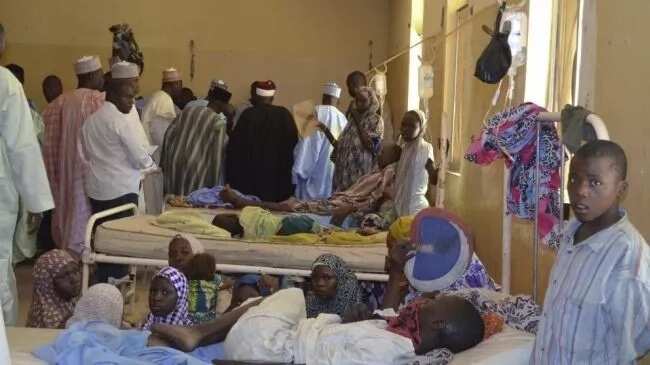
While Alma Ata Declaration states that health is a basic human right, Nigerian politicians don’t see it as such. That is why the 2001 Abuja Declaration is also failing. Its purpose was to make African government officials reserve 15% or more of the budget money for improvement of healthcare. Still, not many heads of state are encouraged to invest in people’s wellbeing.
There is also an issue with equity of access to primary healthcare. While the situation is unsatisfactory across the whole of Nigeria, rural areas suffer more than urban ones. Re-shifting the responsibility for primary healthcare to the local governments turned out to be not such a good idea. Due to the misappropriation of funding on the higher levels, local administrations rarely get their fair share, which negatively affects primary health care services.
Because of all this, people no longer believe in primary health care. It is perceived to be mostly for poor people from rural areas, and the city dwellers think it is beneath them to go to a primary health care facility. There is also a common misconception (which sometimes is true) that people that work there have lower qualifications than their colleagues from the secondary and tertiary tier do.
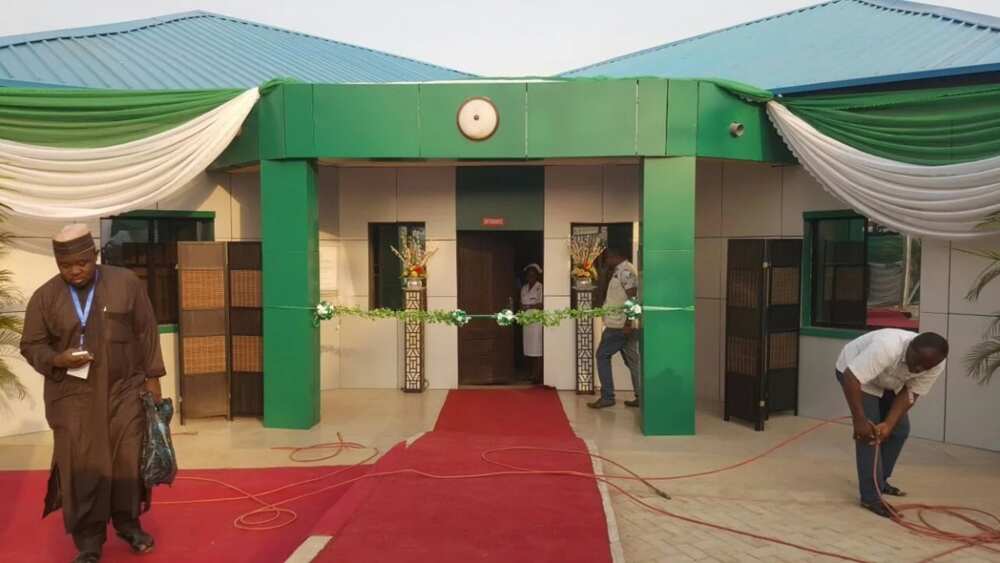
Overall, the lack of interest from politicians in health matters, disorganized healthcare system, misuse of funds and negative image in people’s heads did not allow primary healthcare rise to the desired level, despite there being enough facilities and prospects for educating new medical workers. However, Nigerian healthcare has a chance, if the Alma Ata and Abuja Declarations would actually be implemented.
And there you have it, a brief overview of primary health care in Nigeria. It has had its ups, now it mostly has its downs, but there is still hope. Proper use of funding and government control could help Nigeria achieve what was once lost.
READ ALSO: Best hospitals in Lagos state
Source: Legit.ng




